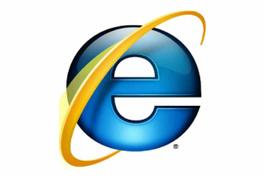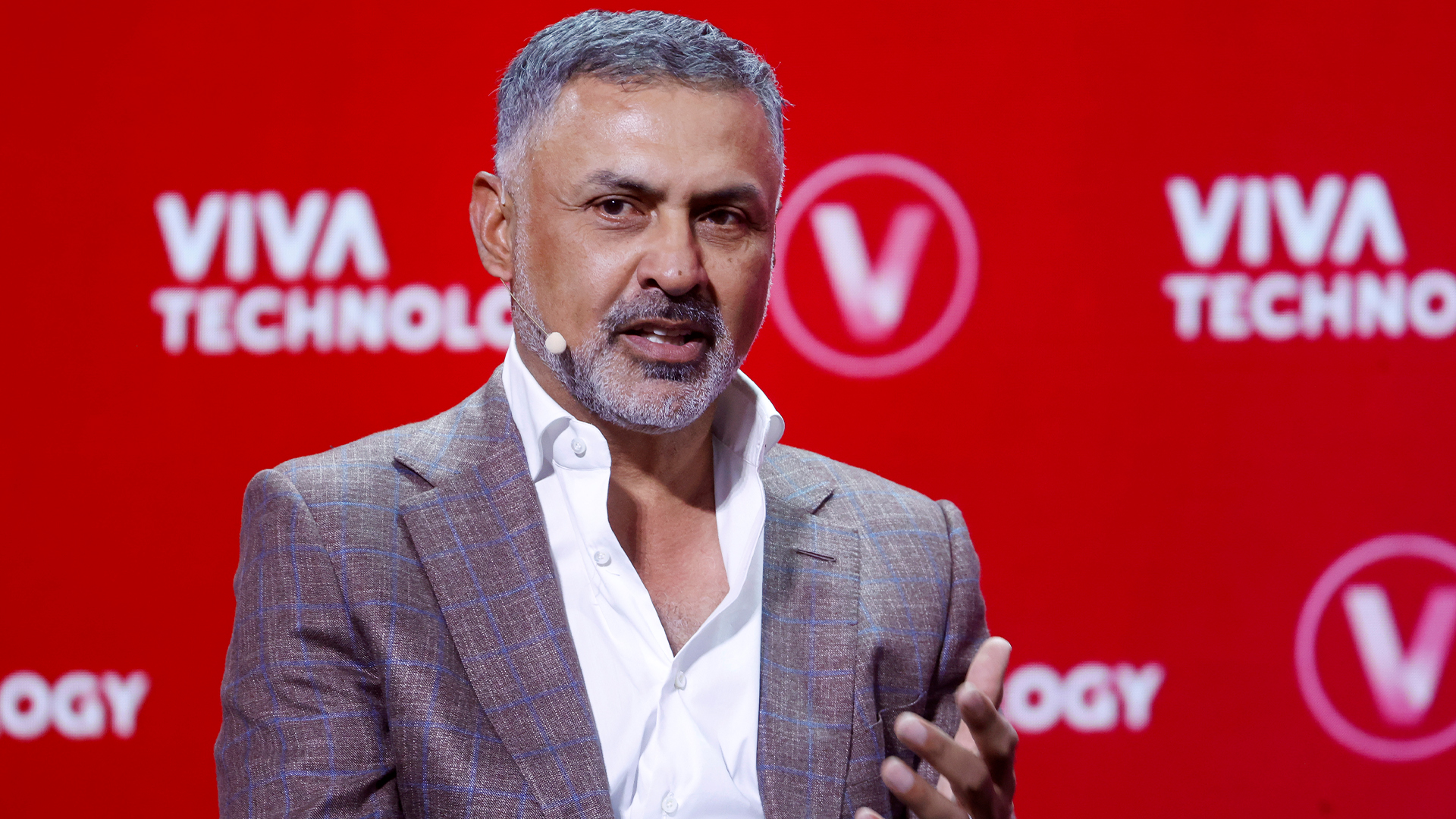What does Internet Explorer 8 mean for you?
Plan ahead for Internet Explorer 8 so you can take advantage of the security and deployment features – and update your web sites and applications to support the new standards.


Sign up today and you will receive a free copy of our Future Focus 2025 report - the leading guidance on AI, cybersecurity and other IT challenges as per 700+ senior executives
You are now subscribed
Your newsletter sign-up was successful
JavaScript developers will find the built-in JavaScript debugger extremely useful. Not only does it use traditional debugger tools - including breakpoints and single-stepping, along with the ability to watch the values of key variables - it also lets you drill down into any JavaScript libraries that may have been loaded by a page.
It's an approach that'll help you understand how third party code affects your pages, as well as helping manage any libraries you've used to simplify your web applications.
The future of the web
Tomorrow's web promises to be very different from that of today. Much of what's currently handled with browser plug-ins will be rendered in the browser, and a new version of HTML will allow pages to display more quickly, and use features like offline storage to bridge the gap between web and desktop.
Microsoft is part of the cross-industry development of HTML 5, and IE8 is as much a test bed for some of the upcoming web technologies as it is a state-of-the-art web browser. Some of the HTML 5 features that have made it into IE 8 include offline data storage, auto complete in forms, and the ability to mark page sections as editable.
Sites built for IE8 will also be able to offer designers a much improved set of tools for adding accessibility to dynamic web sites, as well as pages built using AJAX.
There's a lot to be done yet to get HTML 5 to web designers and developers and to the web at large, and while Microsoft is only implementing a small part of the current draft specification, it's a first step on what promises to be a very long journey.
Sign up today and you will receive a free copy of our Future Focus 2025 report - the leading guidance on AI, cybersecurity and other IT challenges as per 700+ senior executives
Not unlike Internet Explorer itself.
Mary is a freelance business technology journalist who has written for the likes of ITPro, CIO, ZDNet, TechRepublic, The New Stack, The Register, and many other online titles, as well as national publications like the Guardian and Financial Times. She has also held editor positions at AOL’s online technology channel, PC Plus, IT Expert, and Program Now. In her career spanning more than three decades, the Oxford University-educated journalist has seen and covered the development of the technology industry through many of its most significant stages.
Mary has experience in almost all areas of technology but specialises in all things Microsoft and has written two books on Windows 8. She also has extensive expertise in consumer hardware and cloud services - mobile phones to mainframes. Aside from reporting on the latest technology news and trends, and developing whitepapers for a range of industry clients, Mary also writes short technology mysteries and publishes them through Amazon.
-
 Palo Alto Networks CEO hails ‘the end of identity silos’ as firm closes CyberArk acquisition
Palo Alto Networks CEO hails ‘the end of identity silos’ as firm closes CyberArk acquisitionNews Palo Alto Networks' CEO Nikesh Arora says the $25bn CyberArk acquisition heralds "the end of identity silos" for customers, enabling them to supercharge privileged access management.
-
 Google says hacker groups are using Gemini to augment attacks
Google says hacker groups are using Gemini to augment attacksNews Google Threat Intelligence Group has shut down repeated attempts to misuse the Gemini model family
